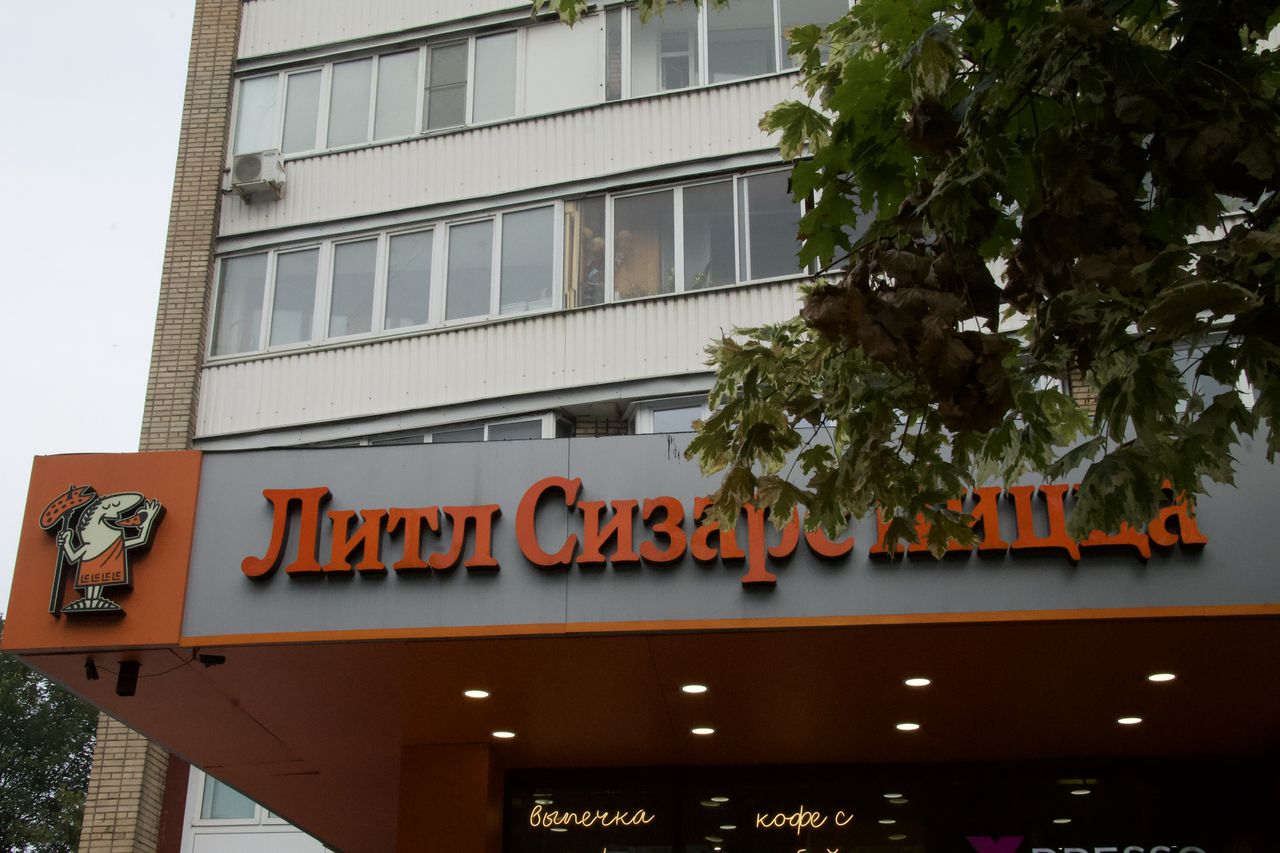
Happy Labor Day, Wallet Watchers.
Like those burgers on the grill, there’s never a better day than today to serve up some sizzling economy news. From the latest update on food benefits, to advice on how you can make those student loan repayments and even a story about a popular Michigan pizza chain operating in a war-torn country.
Here’s your weekly recap:
A Russian still serves pizzas despite Little Caesars cutting ties during war
Little Caesars celebrated when it opened the first Russian franchise last January. Mere months later, Russia invaded Ukraine. Hundreds of companies exited Russia. And Little Caesars cut support of its new Moscow pizzerias.
But hot slices are still being served in flat orange boxes.
Bogdan Lomako, 41, the general manager of Russian franchises, says he has kept operating despite silence from Detroit-based Little Caesar Enterprises. It’s a story of a businessman, a devastating war and a blockade designed to cripple the Russian economy.
“We will struggle, but we will survive,” Lomako said.
After Russia invaded Ukraine in February 2022 – an unprovoked attack – an exodus of major international brands followed. An estimated 500,000 troops and 9,000 civilians have since died in the bloody conflict as Russia tries to seize territory from its neighbor. More than 5 million Ukrainians have been displaced.
More: A Russian still serves pizzas despite Little Caesars cutting ties during war
Michigan exempt from new SNAP work requirements until 2024
Older adults will soon face new work requirements to qualify for food benefits as changes to the Supplemental Nutrition Assistance Program, formerly called food stamps, roll out this week.
Under a debt ceiling bill signed by President Joe Biden in June, SNAP work-reporting rules will be gradually introduced to adults ages 50 to 54 starting Sept. 1.
But Michigan won’t see those changes yet.
Michigan is currently exempt from the new rules under a waiver from the U.S. Department of Agriculture until Feb. 29, 2024.
SNAP requires adults ages 18 to 49 without children to prove they are working or enrolled in job training for at least 80 hours a month. There are exceptions for people who are pregnant, have children or have a work-limiting condition.
Under the new federal law, most states will begin applying the work requirements to 50-year-olds on Friday, Sept. 1. This will increase to age 52 on Oct. 1 and be fully implemented to age 54 on Oct. 1, 2024.
More: Michigan exempt from new SNAP work requirements until 2024
Challenges remain for women, Black innovators in EV industry led by white men
On the eastside of Detroit sits the Dunamis Charge electric vehicle charger manufacturing plant, the first of its type in the nation to be owned by a Black woman.
CEO and founder Natalie King said the journey to opening the plant last year is like the experience of every woman creating a space in the EV industry.
“You have the later phases of what entrepreneurs experienced as a whole… the late nights, the hard work, people to buy into the vision,” King said. “On top of that, we’re having to kind of jump through hurdles when you’re in industries that have been historically dominated by men.”
King is one of a handful of diverse voices who have emerged as leaders in this rapidly growing EV space.
There’s no comprehensive data available with industry demographics, but Amy Rogghe, executive director of the Michigan Electric Vehicle Alliance, said it has begun to include more women and people of color, although it’s “still more male driven.”
More: Challenges remain for women, Black innovators in EV industry led by white men
Where unemployment rates are lowest in Michigan as state hits 23-year low
(Can’t view the map? Click here.)
Michigan’s unemployment rate was 3.6% in July 2023, signifying the state’s lowest rate in 23 years.
An increase of about 63,000 jobs from this time last year brought the latest payroll jobs count to about 4.44 million, according to data provided this month by the governor’s office.
Unemployment rates are estimates based on interviews conducted by the U.S. Census Bureau. The U.S. Department of Labor calculates the rate of any given area monthly by dividing the unemployed population estimate by the labor force (unemployed + employed) estimate and then multiplying the result by 100.
Michigan’s seasonally adjusted unemployment rate would rank 39th lowest when compared to the rest of the country. New Hampshire’s rate was lowest at 1.7%, while Nevada’s was highest at 5.3%.
More: Where unemployment rates are lowest in Michigan as state hits 23-year low
When do student loan payments start again? How you can prepare.
About 43 million student loan borrowers are gearing up to pay their student debt bills for the first time in over three years. The pause on interest and payments was extended eight times during the pandemic, but that reprieve is nearing an end.
Interest will start accruing on Sept. 1 and repayments will begin again Oct. 1.
Many borrowers are bracing for the financial hit with the average monthly payment being $393 a month. It’s estimated about 1 in 5 student loan borrowers will be at risk of struggling when payments resume, according to the Consumer Financial Protection Bureau.
Nathan Morales, a Grand Rapids area financial advisor who is certified student loan professional, says borrowers should explore their repayment options to make the transition easier.
“What matters to you more?” Morales said. “Is it paying it all off quickly? Is it lowering the monthly amount to live your lifestyle? Or is it to pay it off in less amount of time?”
More: When do student loan payments start again? How you can prepare.
Interested in more economy news? Check out all our coverage of how the economy impacts people in Michigan here.





